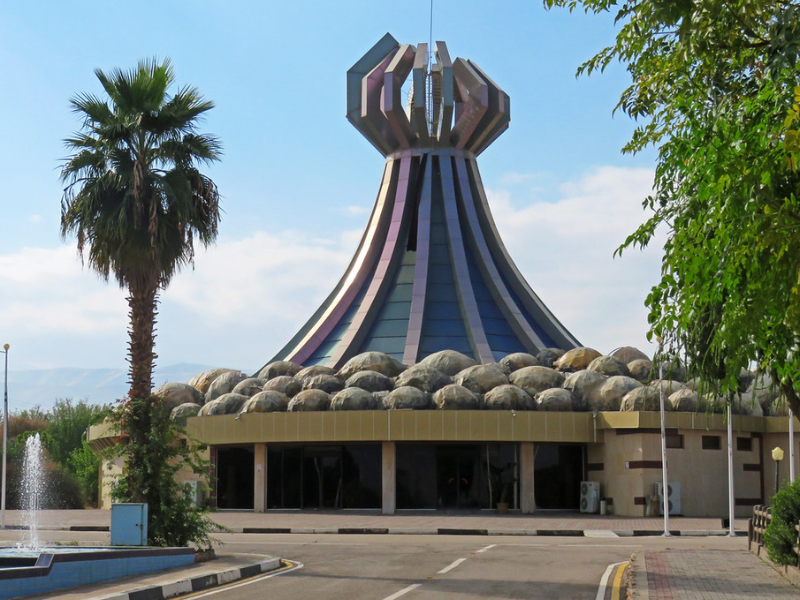Dr Hawraman Karim, University of Sulaimani, Kurdistan Centre for Documentation and Academic Research
How to deal with Halabja Genocide Memorial Sites
Mini Grant Projects
On 16 March 1988, the city of Halabja suffered a devastating chemical attack that claimed thousands of lives and left deep and lasting scars on the community. Since then, a number of memorial spaces and commemorative locations have been established in the city, including the Statue of Omar Khawar, the Halabja Monument and Peace Museum, the Monument of Season of Halabja, Commemoration 16th of March 1988, the Wounded and Victims monument, as well as mass graves and the basements that sheltered victims during the attack.
This pioneering project is the first to focus specifically on Halabja’s memorial spaces, exploring construction, significance, and how they are perceived, maintained, restored, and visited by both local officials and the Kurdistan regional government. In addition to documenting these sites, the project has led to the development of a digital platform where victims of the chemical attack can share their testimonies and experiences. Interviews with survivors were conducted with care and sensitivity by Dr Hawraman Karim, a genocide and collective memory specialist, ensuring the voices of Halabja’s people are recorded with dignity and respect.
The project’s ultimate goal is to amplify the voices of Halabja’s people globally, upholding principles of justice and healing, with the aim of helping to prevent future mass atrocities.
Follow the project's website and social media pages: Facebook and YouTube


